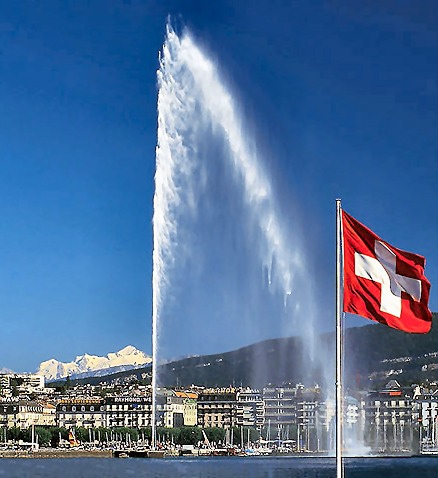Colloque et conférence
À la lumière des récentes attaques terroristes en Europe, la controverse sur la façon de trouver le juste équilibre entre la « lutte contre le terrorisme » et le respect des droits de l'homme, pourrait bien revenir au centre de l’attention. L'Union européenne et ses États membres sont l'un des plus proches alliés des États-Unis : la coopération va bien au-delà du cadre traditionnel de l'OTAN, et se prolonge dans la lutte contre le terrorisme, à la fois sur une base bilatérale et multilatérale. Dans le même temps, l'Europe a été résolument et systématiquement sceptique quant à la ligne de conduite adoptée par les Etats-Unis à la suite du 11 septembre.Sachant que les enquêtes d'opinion partout dans le monde montrent, sans surprise, que plus un pays est exposé au terrorisme plus sa population est prête à accepter des mesures extrêmes, ou au moins douteuses, il reste à voir si et/ou comment le sentiment accru de menace en Europe aura une incidence sur leur approche vis-à-vis de l’équilibre à trouver entre lutte contre le terrorisme et droits de l'homme.

Tags:
terrorisme




















